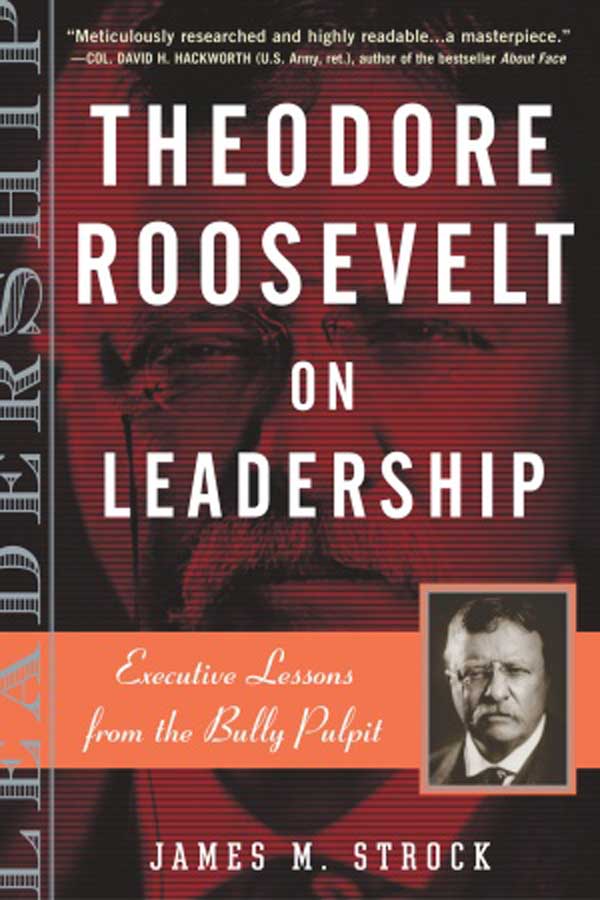Looking back, a man really has a more objective feeling about himself as a child than he has about his father or mother. He feels as if that child were not the present he, individually, but an ancestor; just as much an ancestor as either of his parents. The saying that the child is the father to the man may be taken in a sense almost the reverse of that usually given to it. The child is father to the man in the sense that his individuality is separate from the individuality of the grown-up into which he turns. This is perhaps one reason why a man can speak of his childhood and early youth with a sense of detachment. —Theodore Roosevelt, Autobiography
Do you agree with the classic formulation? Is the child father to the man?
Are your views today based on understandings arrived at in your distant past?
Is it time for an update, a reset—even a revolution—in your world view?
Review Your Bearings
We tend to assemble the foundation of our world view by early adulthood. For many people–if not most–those early perspectives remain largely intact, unless disrupted by a shattering outside force.
What about you?
Are your viewpoints characteristic of your generational cohort? If so, does that suggest that you may be overly reliant on your personal life experiences, to the exclusion of those of older and younger people? Have you developed powers of empathy that enable you to learn from others’ experiences in various contexts? Do you delve into history or literature or other aspects of art to expose yourself to ways of living and thinking different from your own?
Are your viewpoints generally congruent with those of your parents and other family members or mentors of your youth? If so, have you reexamined them—the institutions and other people as they’ve evolved, and yourself as you’ve evolved?
Alternatively, have you methodically rejected the totality of the values of your youth? Paradoxically, that too may suggest that your earlier self remains in charge.
Are the voices—real and figurative—of your youth holding sway in your internal world today?
Is the Child Father to the Man?
Perhaps it’s time to sit down and have a serious conversation with an earlier version of yourself. Which self might that be? You might identify a key point in your development. Perhaps in school. Perhaps early in your career. Perhaps entering marriage and creating a new family. Perhaps an accomplishment—perhaps a disappointment.
Appraise that person—with some detachment. Imagine s/he standing, then sitting before you. How does s/he dress? How does s/he think? What does s/he long for? What does s/he fear? Who influences them? Who is s/he trying to please? Who is s/he serving?
Think about what s/he got right–and what s/he got wrong. Think about all the things you’ve learned since that time—things you would share with your earlier self.
Have respect and understanding for that person you once were. Remember that you’re conjuring up a traveler from vanished world.
Are you able to discern the voices from that person and their world that continue to hold sway in your consciousness?
…So Many Choices
Long-ago voices, legacy points of view, may continue to shape your world, even decades later. They may have found a lasting place in your life, long after the transformation of the realities from which they initially emerged.
Going forward, it’s up to you to decide how much say your younger self shall be granted. Theodore Roosevelt, self-created and authentic to a marked degree, believed that his ultimate evolution was far removed from his younger self.
There may be barriers to change. Others may not encourage your evolution to greater authenticity. The sunk costs arising from long-ago decisions may be daunting. Perhaps you view change today as an admission of a mistake, that you were not “right” on something fundamental to your life or work or identity.
The common aspect of those barriers is you.
What will you decide?
Is the Child Father to the Man?

